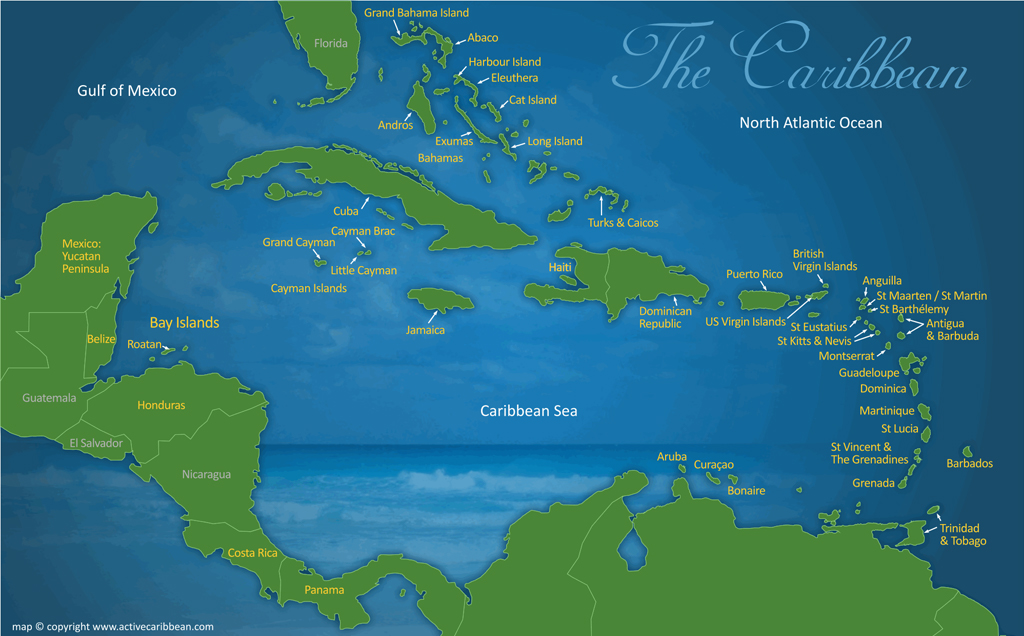IDB: “Caribbean countries should prepare for prolonged effects of external economic shocks in 2023”
Release – Caribbean countries should prepare for the prolonged effects of external economic shocks in 2023, including high food and fuel prices and rising international interest rates, according to a new report from the Inter-American Development Bank (IDB).
Higher interest rates could lead to economic slowdowns, or even recessions, in important source markets for exported services and goods from the Caribbean.
The impact of these shocks depends on the trade structure of individual countries, as well as the external financing requirements of each country, according to Headwinds Facing the Post-Pandemic Recovery. Households and firms everywhere, however, feel the pinch of rising prices of key commodities.
The report’s key findings include the following:
- Rising commodity prices affect the terms of trade. The rise in hydrocarbon prices has an obvious positive effect on net hydrocarbon exporters but a negative effect on net hydrocarbon importers. The case is similar for net exporters versus net importers of agricultural commodities. One simple way to measure the potential impact is to look at the net trade value of these commodities as a share of GDP. For net importers (the Bahamas, Barbados, Guyana and Jamaica), net imports of hydrocarbons and agricultural commodities ranged from about 5% to 15% of GDP in 2021. This implies that substantial price increases for those products can significantly impact the trade balance and real incomes.
- Rising inflation is “imported” from commodity-price inflation. The annual inflation rate climbed to an average of 8% by mid-summer in the Caribbean countries covered in this report, excluding Suriname, which has been coping with high inflation since the fall of 2020. This rate is lower than that of many other countries in the world. According to the International Monetary Fund (IMF), average inflation for Central America, Panama and the Dominican Republic rose to 9% in August 2022, and average annual inflation of 12.5%is projected for Latin America in 2022. An element of the lower rate in the Caribbean is direct actions to keep prices from rising.
- The rise in reference rates increases borrowing costs. The Russian invasion of Ukraine occurred just as central banks in financial centres – particularly the United States – were starting a tightening cycle. The additional price pressures may either accelerate or lengthen the tightening cycle or both. From the onset of the pandemic until March 2022, the U.S. Federal Reserve maintained the main policy rate at near zero. After an initial increase in the range of one-fourth to one-half of a per cent in March, the Federal Reserve is now targeting 4.25- 4.5% (as of mid-December 2022). This is the fastest rise in policy rates in decades. The rise in the reference rate invariably raises the cost of borrowing in international markets for most countries and companies. There is pressure to raise domestic interest rates as well.
- Households and businesses are feeling the impact of price increases. Although domestic inflation has been somewhat less severe in Caribbean countries, rising prices diminish real incomes for households and increase business costs for firms. Online surveys from the World Food Program suggest a sharp rise in food insecurity across the Caribbean.
“Hopefully, these unfortunate external conditions will improve during 2023. As with natural disasters, however, it is always prudent to prepare for the worst, even as we hope for the best,” said David Rosenblatt, the regional economic advisor for the IDB’s Caribbean Department.
The authors put forward several reform priorities, such as continued attention to fiscal consolidation and debt management on the macroeconomic dimension and targeted interventions to help households cope with the effects of rising food and fuel prices.
Headwinds Facing the Post-Pandemic Recovery is part of the IDB’s Caribbean Economics Quarterly series. In addition to a regional overview section, it contains country-specific sections for the Bahamas, Barbados, Guyana, Jamaica Suriname, and Trinidad and Tobago.
About the IDB
The Inter-American Development Bank is devoted to improving lives. Established in 1959, the IDB is a leading source of long-term financing for economic, social and institutional development in Latin America and the Caribbean. The IDB also conducts cutting-edge research and provides policy advice, technical assistance and training to the public- and private-sector clients throughout the region.



